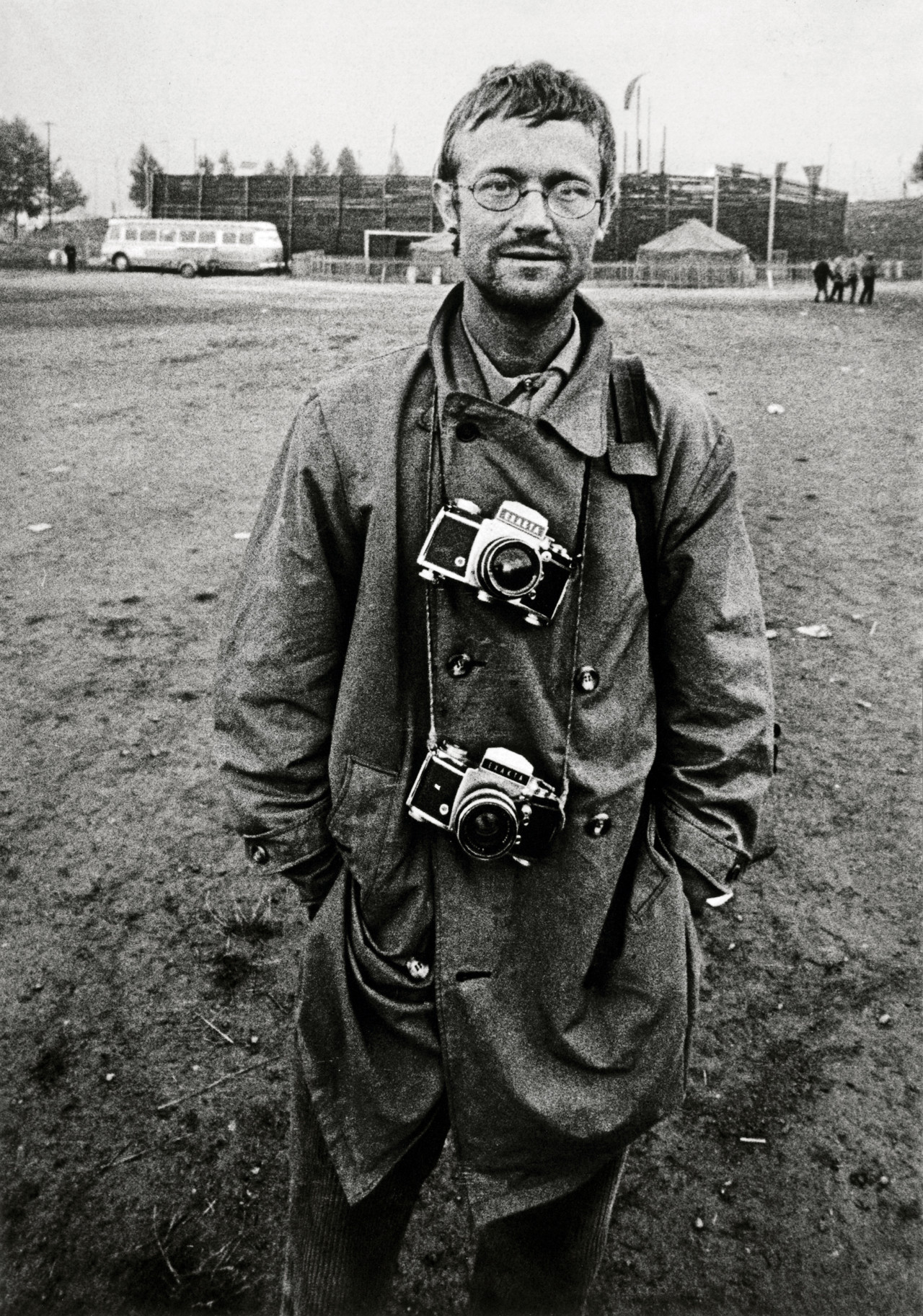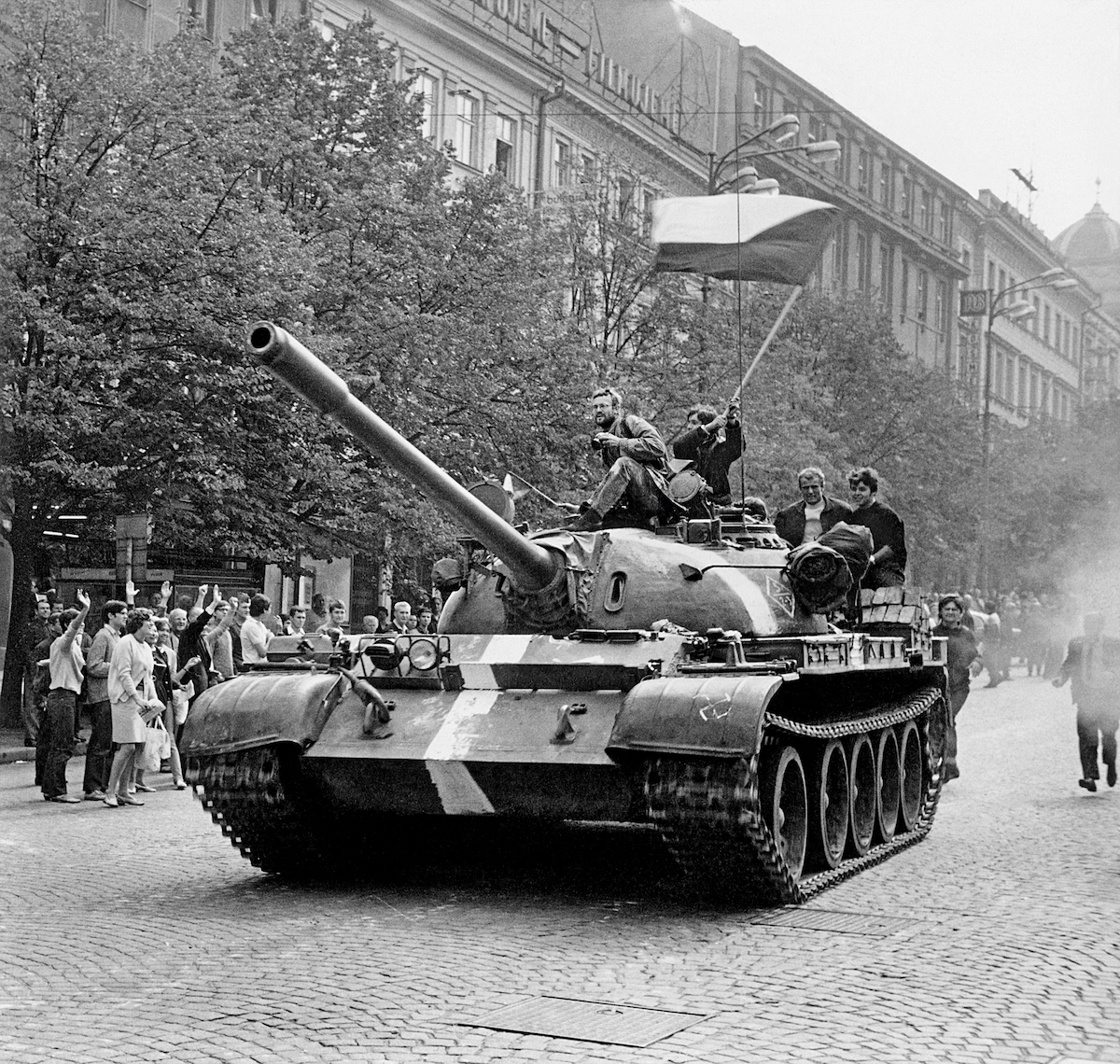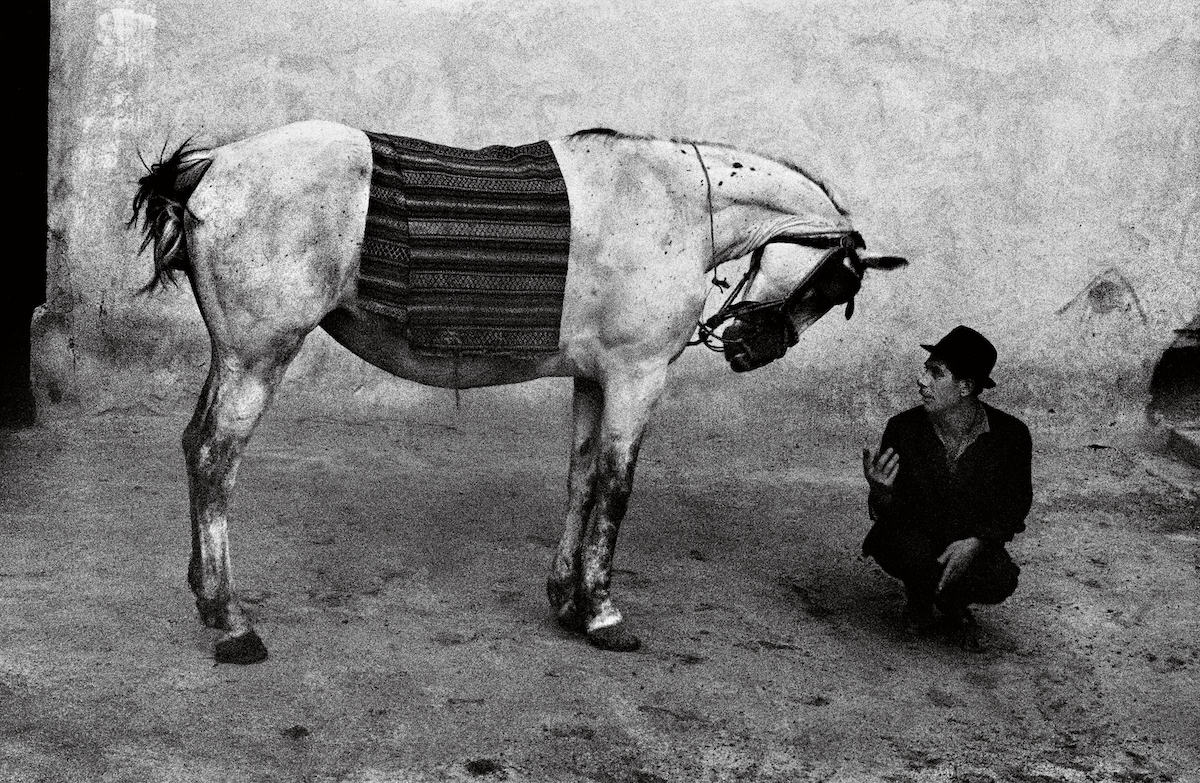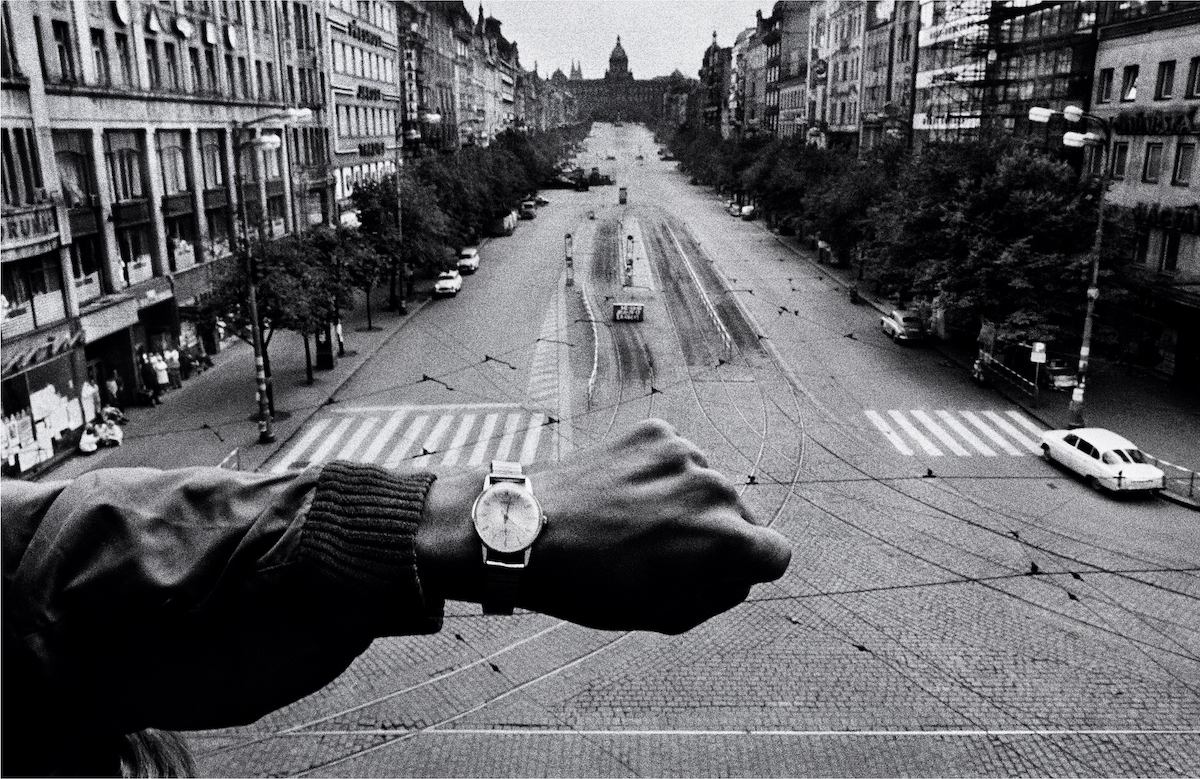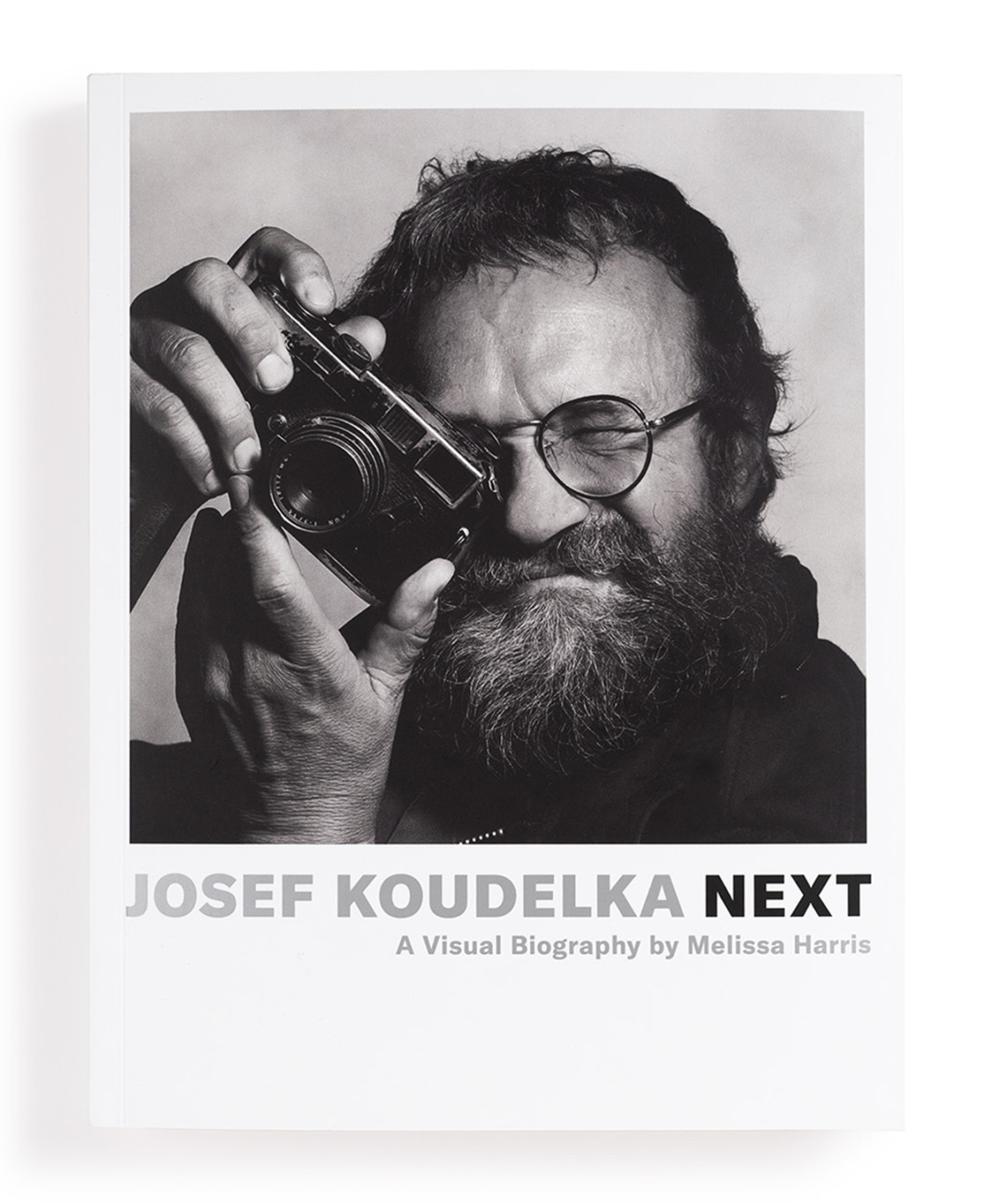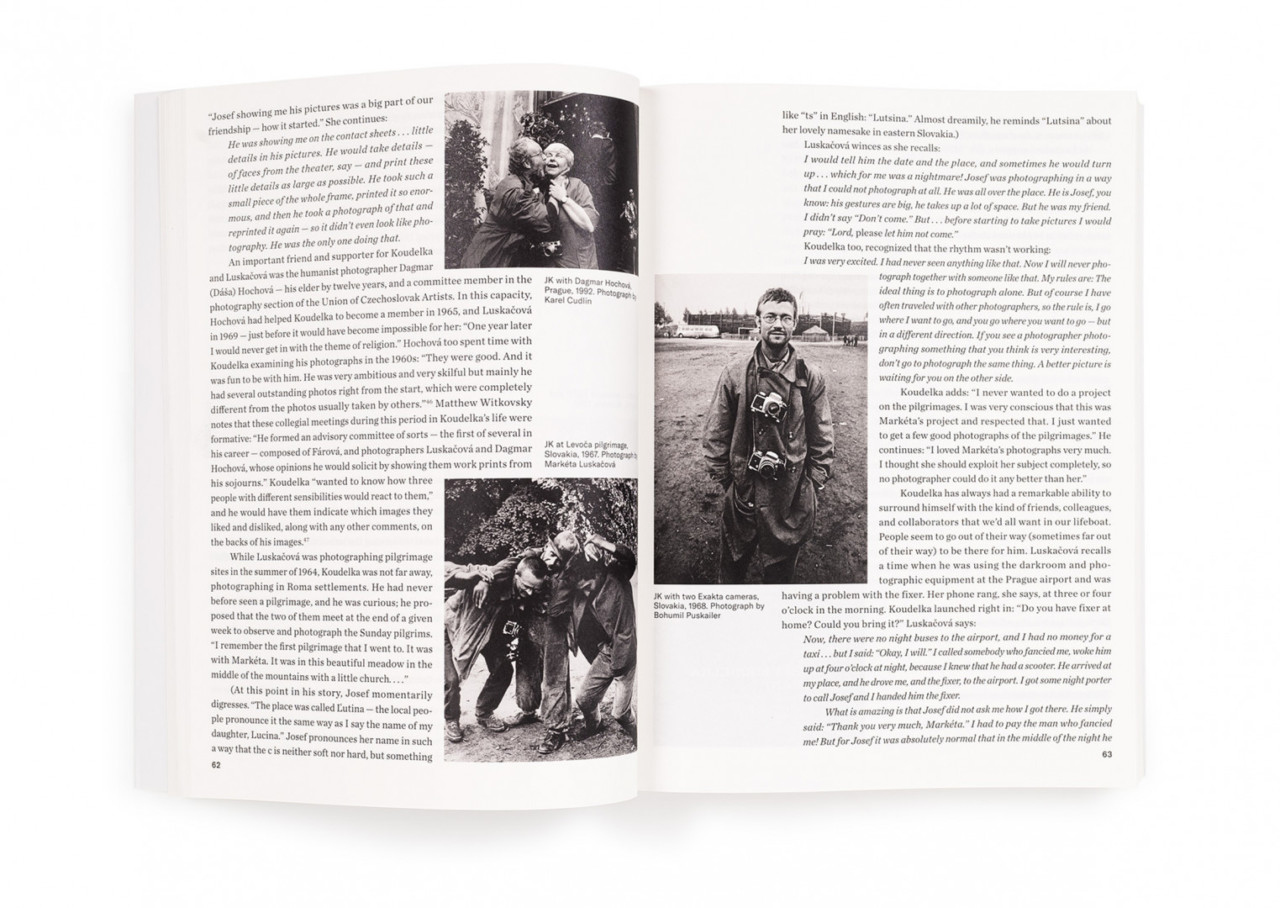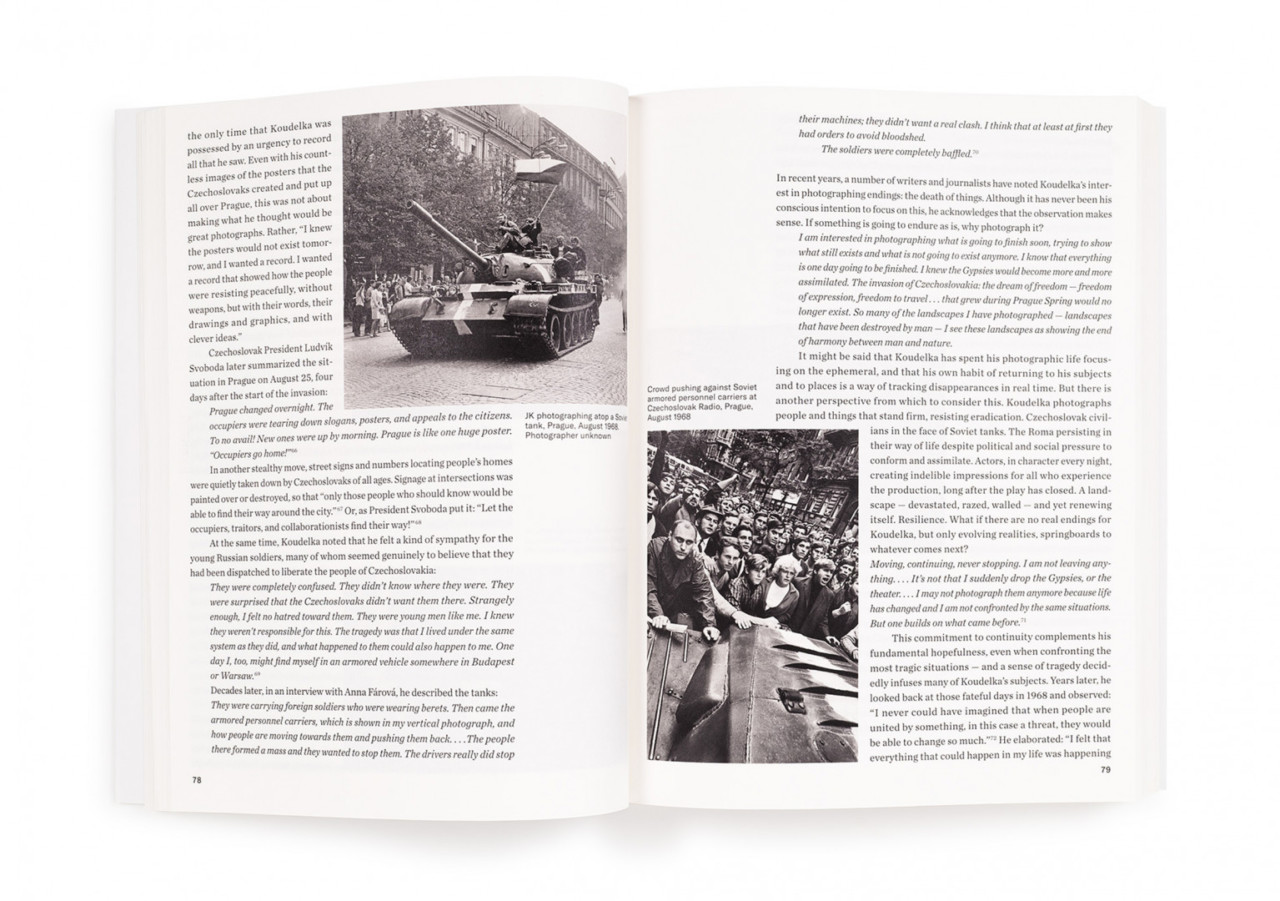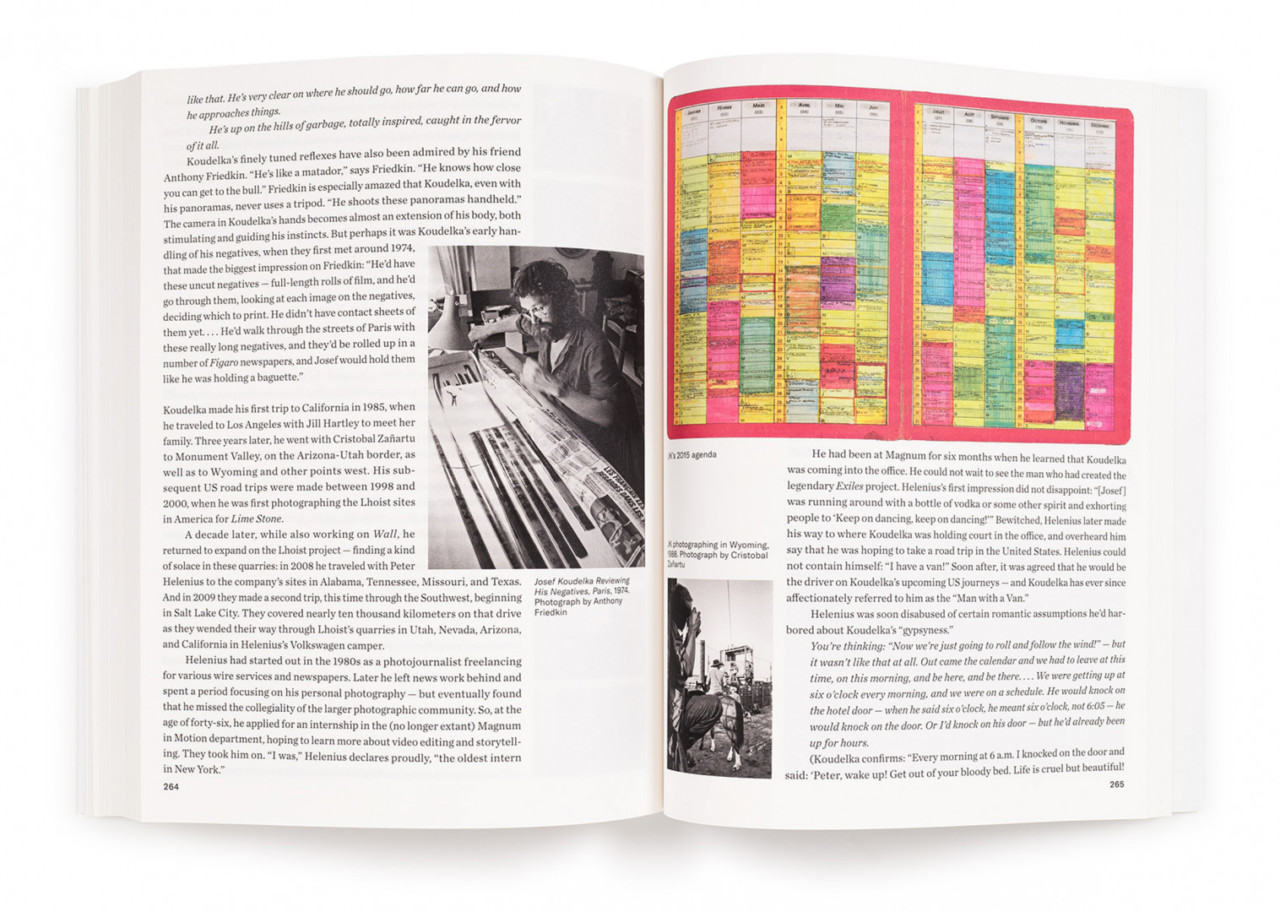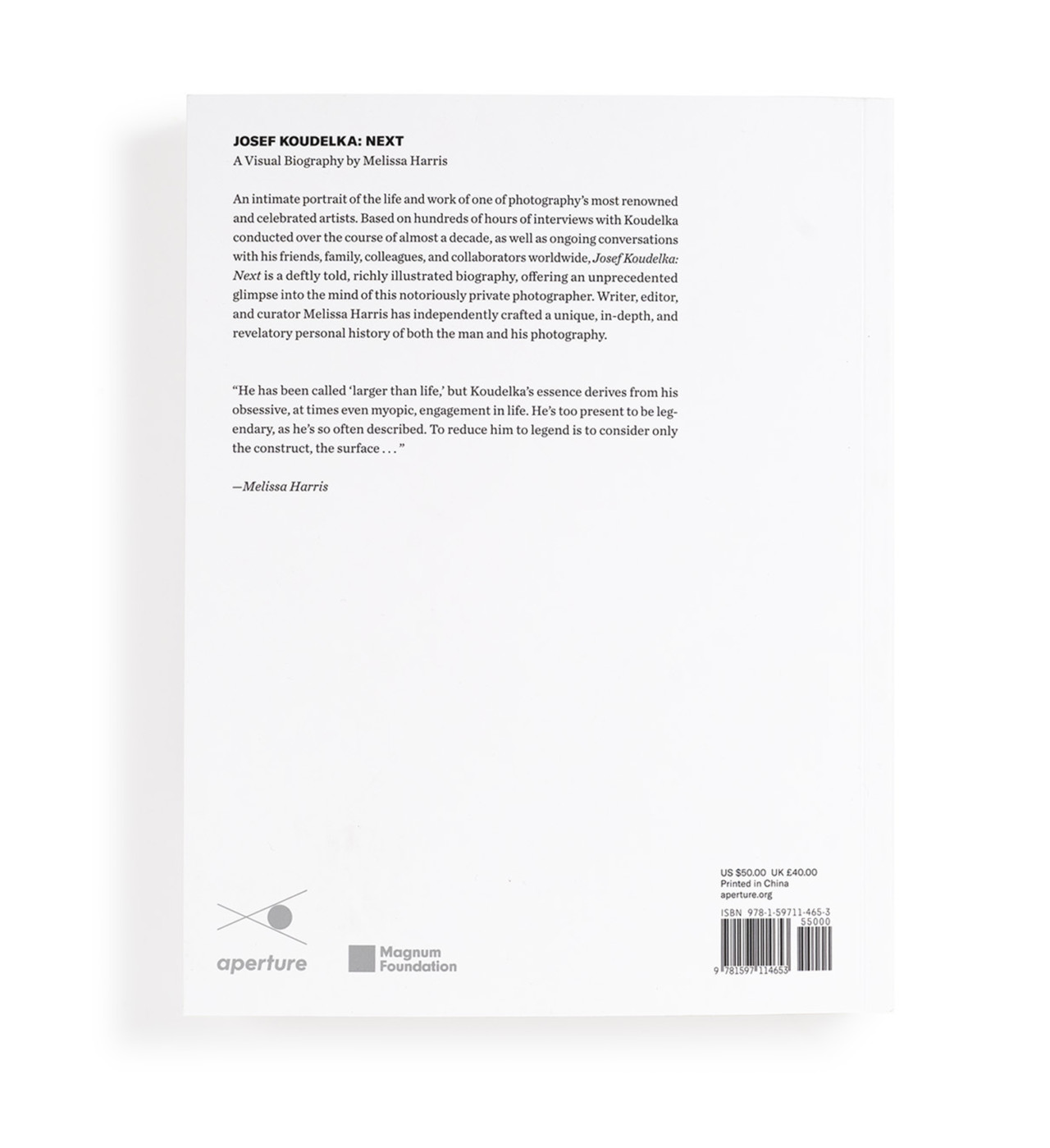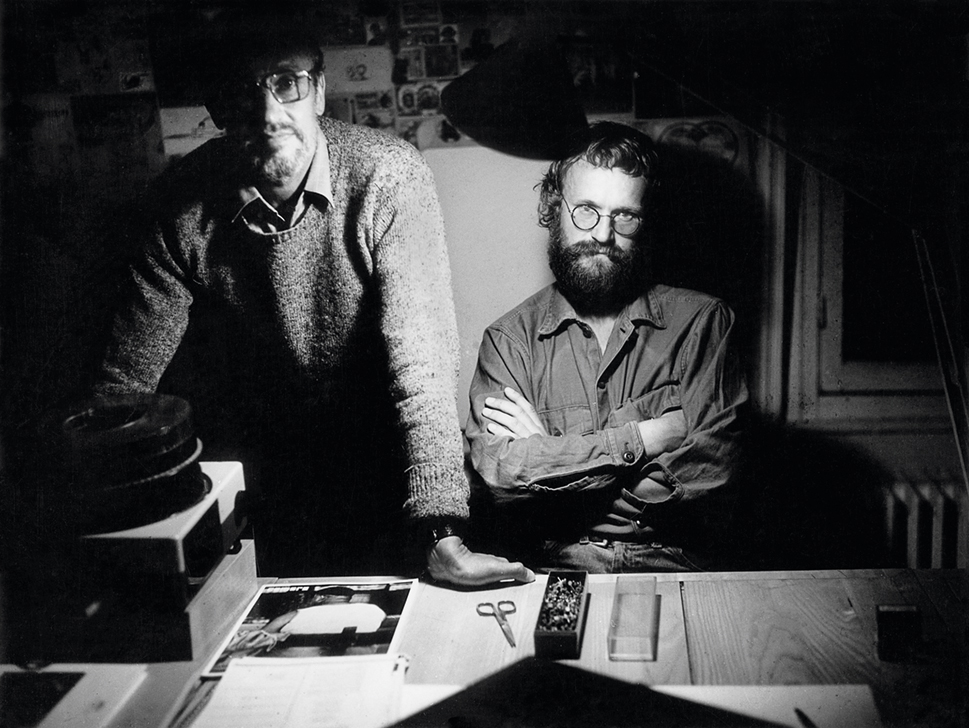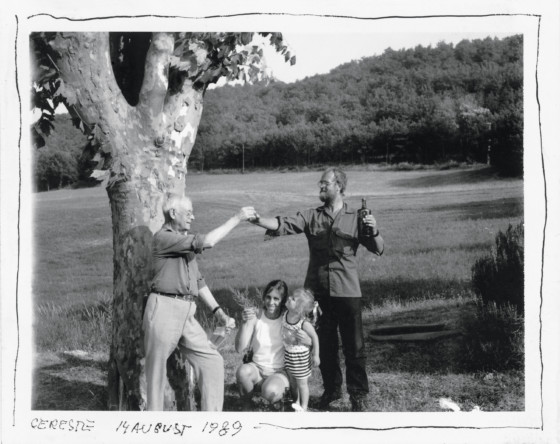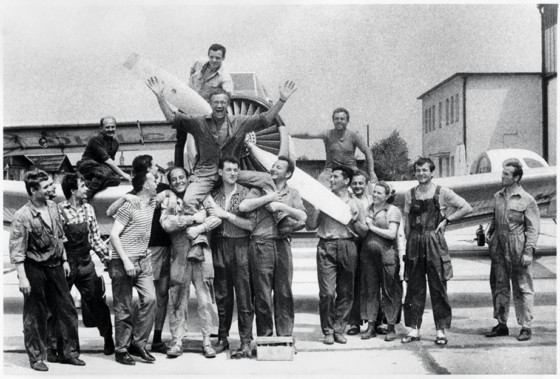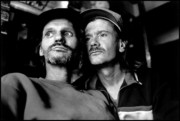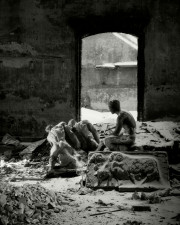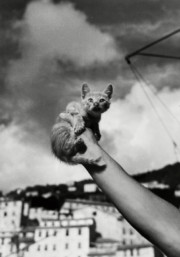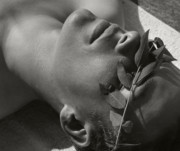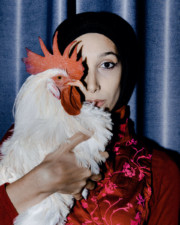Next: The Story of Josef Koudelka
A new illustrated biography by Melissa Harris, published by Aperture and Magnum Foundation, tells the remarkable story of Koudelka’s life and photographic practice.
Over the past decade, Melissa Harris has spent hundreds of hours in interviews with Josef Koudelka. These have been private interviews, one-to-one at the photographer’s studio in Ivry-sur Seine in the Parisian suburbs or in Prague. On occasion, his daughter Lucina would join to film their conversations.
Although his story is etched into the history of photojournalism and of Magnum itself, Koudelka has remained a private man in public spaces for much of his life. More times than not he has refused interviews, talks, and teaching opportunities during his lifetime, even jokingly referring to himself as “Mr. No.” To take on the task of recounting his life and career since his birth in 1938, his two decades in political exile, six decades of photographic practice, and his philosophy of photography seems a monumental challenge, to say the least.
And yet, in November 2023, ten years later, friends and colleagues will gather at the Magnum office in Paris during Paris Photo week to celebrate the launch of Josef Koudelka: Next, an illustrated biography of the man, photographer and artist. The book tells his story over 300 pages of photograph and text, designed by long-term collaborator and Czech designer, Aleš Najbrt.
Next begins with the story of Koudelka’s childhood, growing up in an occupied Moravia, and his early interest and consequent pursuit of photography. It speaks of his early projects, of how he began photographing Gypsies in Czechoslovakia and theatre troupes in Prague, before abandoning his career as an aeronautical engineer to focus on photography full-time. It recounts the tales of how, following the Soviet invasion of Prague in 1968, he managed to smuggle his images out from behind the Iron Curtain and how he became the mysterious, anonymous P.P., (Prague Photographer) as his images were published for the first time in the press.
And from there, his life in exile, his travels, and his eventual settling in France. The evolution of his photographic practice, the making of many a classic photobook, and the birth of his children, right up until the Covid pandemic and lockdown in 2020.
Intertwined in the historical account of his life are anecdotes of the man behind the camera: the many nights spent in a sleeping bag in one of the Magnum offices over the years, or the time that a flock of Magnum photographers — led by Henri Cartier-Bresson — staged a walk-out at a fancy restaurant in London as a scruffy, recently-arrived Koudelka was turned away at the door for his lack of tie. Iconic images from his career sit side by side with images of Koudelka made during his life, often in an office or studio pouring over negatives or surrounded by friends and loved ones.
Next is a testament to his unwavering spirit, resilience, and the energy that many who know, or who have met Koudelka, will immediately recognize. In the book’s prologue, Harris talks in detail about the “excruciating intensity” of the first five hours they spent together in interviews for the book —how the body of the man who has almost categorically refused any kind of interview for years seemed to physically wince away from the more personal questions posed: “His shoulders begin to hunch, his stomach seeming to contract. His voice is hushed as he tries to summon a response.” And then, as she suggests they finish the first session for the day, the familiar Koudelka snaps back to life.
“Suddenly robust, he reaches for a bottle of slivovitz and pours a shot for each of us,” she writes. “‘Na zdraví!’ he roars, grinning — ‘To your health!’ The morning tension disappears as quickly as the slivovitz. Without missing a beat, his Moravian accent richly infused with nearly forty-five years of elsewhere, he announces: ‘Okay. We did it. I understand now.’ A pause. ‘Tomorrow, we start.’”
Josef Koudelka: Next is written by Melissa Harris and published by Aperture and Magnum Foundation.


